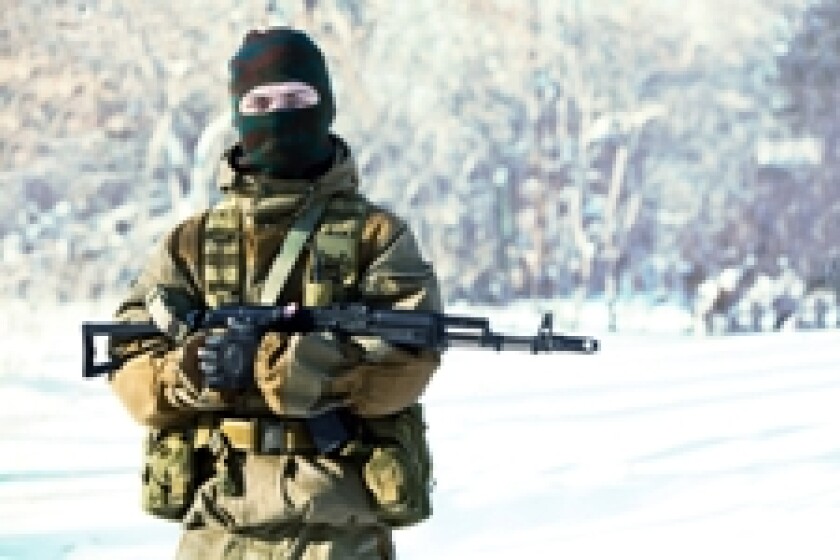Russian borrowers Vimpelcom, Sibur, Uralkali and NLMK are in the market for syndicated loans totalling around $4bn. All of the firms are regarded well enough by loans bankers, with Vimpelcom and Uralkali in particular seen as Russian stars. There is no reason to think that loans for any of these firms would struggle. Unless of course, their home country was mixing it up in an international incident with a neighbouring state while sanctions and possibly military action loom.
But international loans bankers look at the brewing international crisis and shrug. Many think that the deals will pass through their books without a pause for thought, especially as they’re not being underwritten.
This complete disregard for political risk robs the market of hope for fair value when it comes to pricing deals.
The loan market has long been in thrall to the ancillary business that is supposed to come as a result of cut price lending, but emerging markets loans bankers always insisted on an initial return that at least resembled the cost of capital — whether defined by risk or not — that was being used.
That is why lenders, particularly European banks, began pulling out of the region towards the end of 2011, as their cost of capital rocketed. This in turn helped pricing in Russia rise by around 50bp.
But the tide has turned. A 2012 of record low deal volumes, a lacklustre 2013 that many lenders put down to a recovery period and the slowest start to a year for a decade in 2014 has made many loans bankers cast risk considerations aside, allowing firms like Sberbank Europe to price its debut loan within a 10bp whisker of the infamously low loan spreads for Turkey’s financial institutions at 100bp all-in.
Lenders love touting the importance of relationships. But relationships are unhealthy when one partner is too pushy and the other partner is too loyal.
Pricing deals that give banks a sustainable lending model that can weather risky periods in a country makes more sense than matching the prices of competitors on all deals. Part of that pricing should be derived from political risk, especially in volatile emerging markets.
By ignoring the furore between Russia and Ukraine, loans bankers are willfully ignoring long term risk in the hunt for short term gains.

